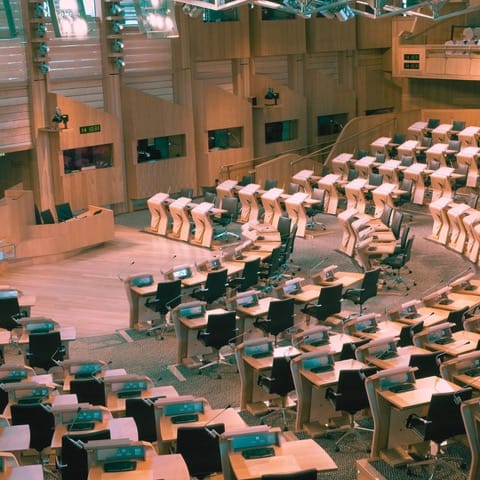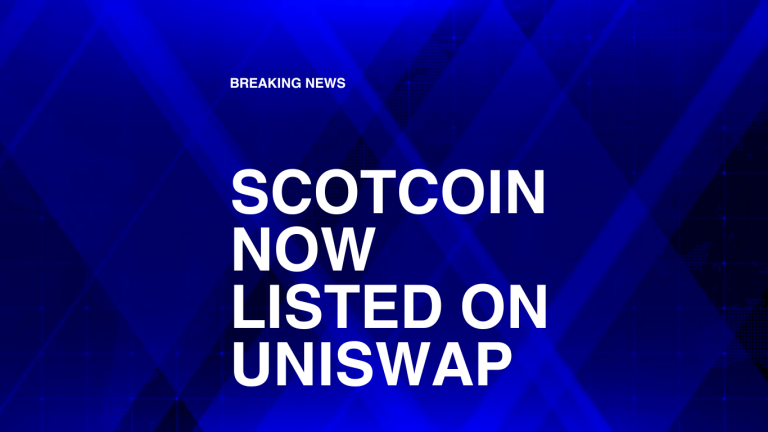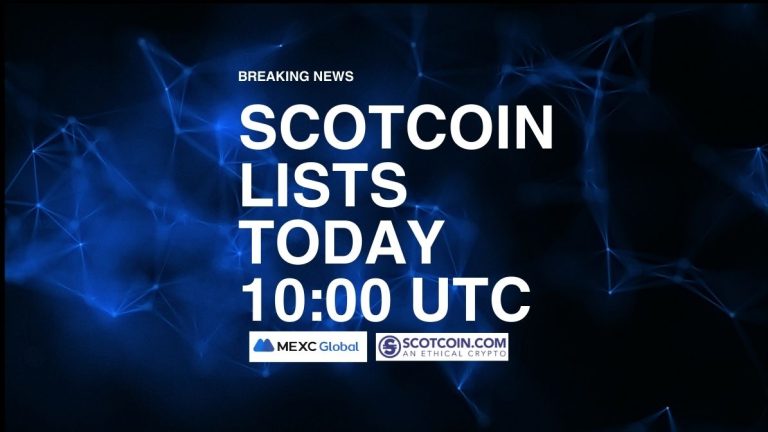SO here’s a bit of interesting information. If you study economics at university and learn to be an economist, you will find yourself at the top of the extra earnings list. Medicine is right there with you. Maths, surprisingly, is massively beneath you, as is media studies unless you happen to be one of the really gifted ones, in which case you didn’t need to go to University in the first place.
You may have noticed that I claim to be an economist (I have at least one friend who whenever an economist is mentioned, immediately says “It’s not Melville is it?”), but I can honestly say I’ve never noticed the “extra earnings” bit. That may well be because (as my children frequently remind me) I’ve never had a proper job – at least, not one that anyone actually thinks of as proper.
So what have I learnt as an economist? Well, the first thing was that you should never make a direct, factual statement. Never say the likes of “The price of fish is going to be £X”. Rather you should say “ If A,B and C happen then there is a possibility that the price of fish will be X. But it might be Y”.
Unless you aren’t paying attention, you can easily see that you cannot be blamed if the price isn’t X or Y as, apart from anything else, no one will have a clue whether or not A,B and C has happened. So you didn’t get something wrong and just possibly you might get something right. As my friend says “Melville has a great reputation as an economist. He has been right once in one hundred times”.
The second thing is you must never look too happy – or indeed happy at all. Economics is known as the dismal science, mostly because it tells you what is likely to go wrong if you do certain things. I have had people look at me very strangely as I spoke to them with a sunny expression on my face. The minute I changed to a frown, they immediately felt more comfortable and were predisposed to believe me.
Thirdly, there are two elements to every battle – tactics and strategy. The best tactics won’t win for you if the strategy is wrong. Conversely, if the strategy is right and your tactics leave much to be desired, I’m afraid the odds are you will come second in a two horse race. As an economist, I am acutely aware of this. Businesses in general tend to be either very good at tactics (marketing, pricing, logistics etc) or at strategy (being in the right market at the right time). Very few manage both together, but those that do are handsomely rewarded. In theory an economist should be able to spot these winners.
What does all this tell you about investment? Mostly, pay no attention to what anyone else tells you – particularly the ravening hoards of crypto bloggers, who only have one setting. They are masters of obfuscation as to what they actually intend to say – but it’s always that such and such a token if it holds at X will maybe fall to Y before climbing to Z. How can that be wrong? It’s like saying there’s a chance of rain with sunny intervals and breezes that will freshen before subsiding. Absolutely useless information for someone who needs a fact.
So here’s a real fact. The price of Gold follows real interest rates. As long as nominal rates are less than the rate of inflation, Gold will rise. Why? Because currencies are devaluing if interest rates are not covering inflation, but Gold will retain its value in real terms. And will therefore rise to retain the same buying power.
What inflation has done is to reduce productivity and economic gains over time. So 100 years ago, $1 of investment produced $5 of gains. Now, $1 produces only a smidgeon more than $1 of gains.
You only have to think of the massive railway building programs of the mid to late 1800s, and the surge in economic activity which took place thereafter. Now think about HS2. The inflation adjusted sums dwarf what was spent last century on all the railways. And it is by no means clear that any real benefit will come from HS2 – though as a railway buff I applaud the idea.
And here’s another. The more you leave things alone the better they will work. If you don’t believe me try changing the time on the clock in your car.
Temple Melville is CEO of The Scotcoin Project CIC




